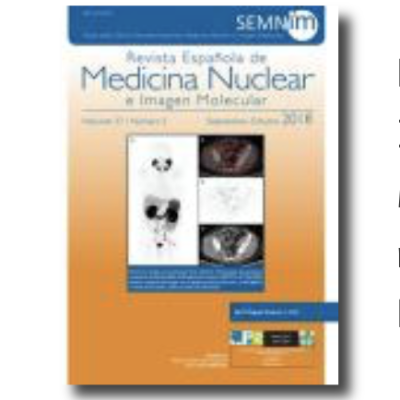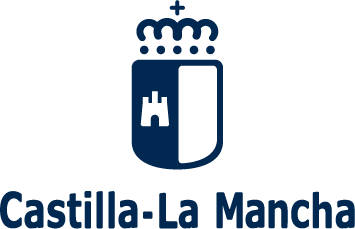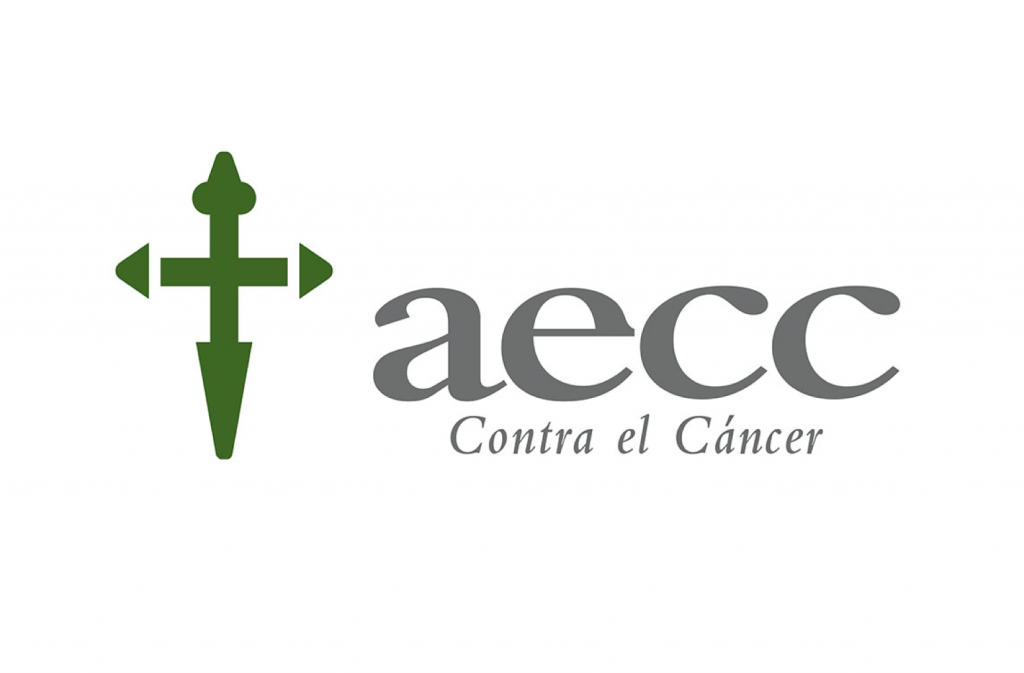Publication
Predictive and prognostic potential of volume-based metabolic variables obtained by basal 18F-FDG PET/CT in breast cancer with neoadjuvant chemotherapy indication
A.M. García Vicente, J. Pérez-Beteta, M. Amo-Salas, D. Molina, G. Jiménez Londoño, A. Soriano-Castrejón, M.J. Tello, F.J. Pena Pardo, A. Martínez-González
Revista Española de Medicina Nuclear e Imagen Molecular 37(2), 73-79 (2017)
MOLAB authors
Abstract
AIM: To investigate the usefulness of metabolic variables using 18F-FDG PET/CT in the prediction of neoadjuvant chemotherapy (NC) response and the prognosis in locally advanced breast cancer (LABC).
MATERIAL AND METHODS:
Prospective study including 67 patients with LABC, NC indication and a baseline 18F-FDG PET/CT. After breast tumor segmentation, SUV variables (SUVmax, SUVmean and SUVpeak) and volume-based variables, such as metabolic tumor volume (MTV) and total lesion glycolysis (TLG), were obtained. Tumors were grouped into molecular phenotypes, and classified as responders or non-responders after completion of NC. Disease-free status (DFs), disease-free survival (DFS), and overall survival (OS) were assessed. A univariate and multivariate analysis was performed to study the potential of all variables to predict DFs, DFS, and OS.
RESULTS:
Fourteen patients were classified as responders. Median±SD of DFS and OS was 43±15 and 46±13 months, respectively. SUV and TLG showed a significant correlation (p<0.005) with the histological response, with higher values in responders compared to non-responders. MTV and TLG showed a significant association with DFs (p=0.015 and p=0.038 respectively). Median, mean and SD of MTV and TLG for patients with DFs were: 8.90, 13.73, 15.10 and 33.78, and 90.54 and 144.64, respectively. Median, mean and SD of MTV and TLG for patients with non-DFs were: 16.72, 29.70 and 31.09 and 90.89, 210.98 and 382.80, respectively. No significant relationships were observed with SUV variables and DFs. Volume-based variables were significantly associated with OS and DFS, although in multivariate analysis only MTV was related to OS. No SUV variables showed an association with the prognosis.
CONCLUSION:
Volume-based metabolic variables obtained with 18F-FDG PET/CT, unlike SUV based variables, were good predictors of both neoadjuvant chemotherapy response and prognosis.















